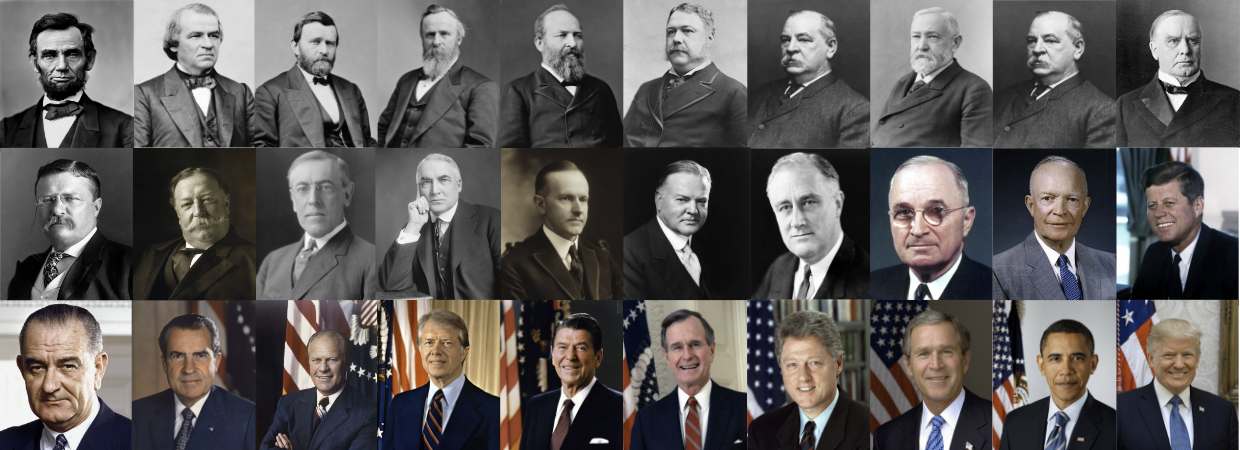
Season Three: The Bully Pulpit
Welcome to The Past, The Promise, The Presidency, Season Three: The Bully Pulpit. The president has a unique position in American society: a one-of-a-kind pulpit from which they speak. And presidents have consistently used their pulpit to address a wide range of issues - from foreign policy to healthcare.
Each episode of this season will address how different presidents have used their bully pulpit to influence American culture and policy, and how the congregation of Americans responded.

Episode 5: Prohibition and the War on Drugs
In this episode of the Bully Pulpit, we explore presidential power as it relates to Prohibition and the War on Drugs. If you go looking through American history, it's not difficult to find conflict over alcohol and drugs, and the president's role in addressing them. The president of the United States has plenty to say, not just about what goes into our bodies, but about the industries, ecosystems, and societal consequences of those substances.
For some keen historical insight, we talked to two guests. First, we spoke to Dr. Mark Schrad, author of Smashing the Liquor Machine. Dr. Schrad set the scene for us at the turn of the 20th century, and provided some fascinating insight into the global history of prohibition. Then, we talked with Dr. Aileen Teague, an Assistant Professor at Texas A&M University. Dr. Teague explained how the War on Drugs became an animating part of presidential politics, especially during the presidencies of Richard Nixon and Ronald Reagan. Together, these two authors reveal how drug and alcohol policies are about more than just the substances. Rather, alcohol and drug policies reflect American's greatest fears in each historical moment.

Episode 4: Women’s Suffrage and the ERA
This week, we are exploring women's suffrage, the Equal Rights Amendment, and how presidents have stymied or supported women's rights.
In 1776, Abigail Adams wrote to her husband and urged him to remember the ladies as he worked to craft a government for the new nation. But it wasn't until 1919 that Congress actually passed a constitutional amendment that prohibited denying voting rights on the basis of sex. And not until the 1960s did Congress pass legislation that applied civil rights to all people, regardless of race.
Even with this legislation, women regularly earned less than their male counterparts, were disadvantaged in divorce and property disputes, and were generally not treated equally under the law. Congress finally passed an Equal Rights Amendment in 1972, but not until 2020 did the requisite number of states ratify the amendment, and its legal status remains questionable.
This week, we have two fantastic guests to discuss the presidential politics of women’s rights. First, we spoke with Dr. Kimberly Hamlin about the women behind the women’s suffrage movement. We then spoke with Lisa McCubbin about the Equal Rights Amendment and First Lady Betty Ford's groundbreaking support for the amendment.
